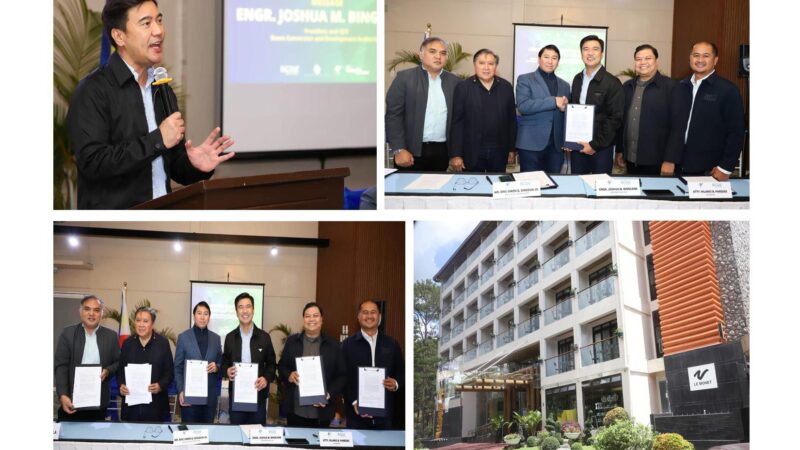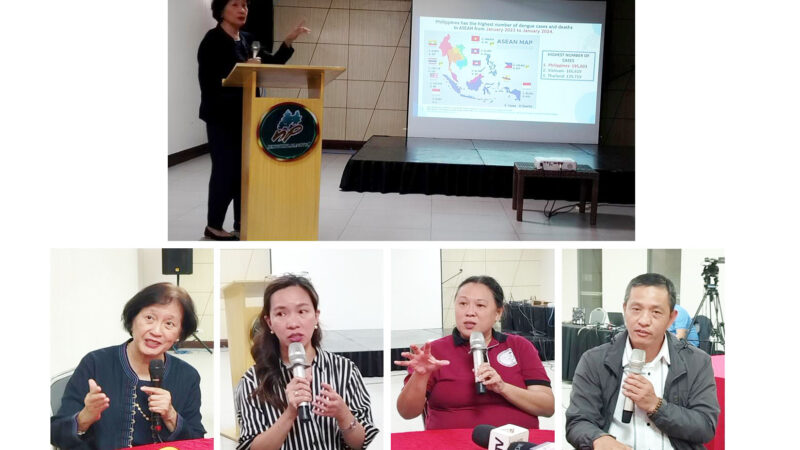City backs fare adjustment for PUVs

City officials requested the Cordillera office of the Land Transportation and Franchising Regulatory Board (LTFRB-CAR) for fare adjustment on public utility vehicles (PUVs) in the city following the series of oil price increases that made oil products no longer affordable.
Under Resolution No. 123, series of 2022, local legislators stated that the LTFRB-CAR should already conduct the necessary public hearings as per the agency’s procedures before carrying out the long-overdue fare adjustment to give the riding public a chance to air their views on the aforesaid sensitive matter of both PUV drivers and operators and the public.
From the onset of the implementation of government restrictions because of the Corona Virus Disease (COVID) 2019 pandemic over the past 2 years, the council claimed that the earnings and operations of the public transportation had been reduced due to the reduced maximum number of passengers, days they are allowed to travel or operate, and the additional cost of complying with safety and healthy protocols in order to comply to the minimum public health standards imposed to contain the rapid spread of the virus in the city.
Due to these, the body stipulates that the direct impact of government restrictions amidst the COVID-19 pandemic on the public transport sector has contributed to massive loss of income and livelihood of drivers and operators.
According to the council, the Department of Transportation (DOTr) has implemented the service contracting program or libreng sakay and other programs the help alleviate the loss of income of the public transport sector, however, limited PUVs were included in such interventions for lack of sufficient funds that left many drivers and operators without income.
Pertinent provisions of LTFRB Memorandum Circular No. 2019-035 provides that the factors considered in the fare adjustment formula are based primarily on the fuel cost and total operating and maintenance cost.
The council argued that due to the ongoing war between Russia and Ukraine with the economic sanctions against the former, the price of fuel worldwide significantly increased and may further increase in the future which will surely aggravate the situation, thereby causing more losses on the part of the public transport sector.
The council asserted that the LTFRB must consider that most, if not all, modernized jeepneys have been acquired by operators through loan or financing and are also part of the operational cost incurred by the operators.Moreover, taxis also do not have a fixed route or a terminal and have to roam around to seek passengers thereby consuming more fuel as compared to other PUVs. – Dexter A. See







